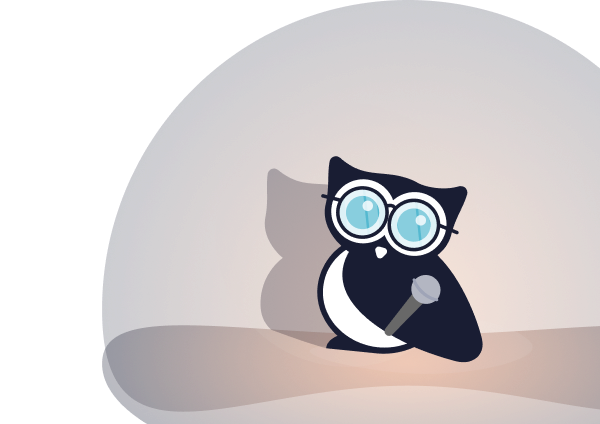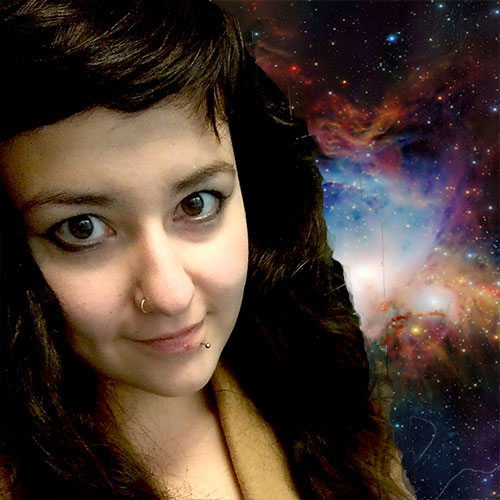
Kat Stoica Ostenfeld - How I use applied linguistics to be a better technical writer
By Catherine Heath on Writing docs from October 13, 2021
This is a summary of a talk given at Write the Docs Prague 2021.
Kat loves knitting and coffee, and she speaks Danish, English and some German. She’s fully bilingual between Danish and English. She’s a documentarian by continuous choice and a nerd at heart.
In her first job after graduating her first job was as a translator for two years. She transitioned into writing docs and never looked back.
Applied linguistics identifies, investigates, and offers solutions to language-related real-life problems, according to Wikipedia. Kat investigated the use of English as a corporate language for her thesis.
She found that it's a misconception to say that we speak English. There are different levels of language proficiencies. Kat has two personalities: one that thinks in Danish and one that thinks in English. If you’re only proficient at a language but not a native speaker, you have to translate in your head first before you can speak in that language.
Different languages have different connotations for the same word, which means they are a “false friend”.
In corporate settings, people cluster together in perceived like-minded groups, in order to collaborate with each other. In language groups, the different languages all want to work with each other.
You don’t need to be good at English to be good at your job. Shared context is more important than traditional proficiency in English. When you don’t share a context, you focus on traditional proficiency.
How does this look in a software company?
We have different roles in the company regardless of the nationality of the person with the title. Marketing is completely different to professional services, and different again to R&D.
Imagine developers having a conversation that no one else can follow. They entered into a shared context where no one else can understand the words they’re using. Documentarians can do the same thing.
The word “documentation” means different things to different people throughout the company. We don’t always agree on the context and meaning of words.
It really helped her to change her focus. Instead of seeing the occasional friction that occurs between her and Subject Matter Experts when they collaborate on docs, she started seeing it as a linguistic puzzle. It’s a puzzle that we can solve together.
How do I get what I need to know?
Clarify what people need from documentation. Even if there is an established definition of docs, always ask what this means in a particular situation.
You don’t have to worry about being good at English. The person behind the role can fall into the trap of feeling self-conscious and you give less of yourself out of a fear of not doing a good job.
Ask basic questions like “Who, what, why, where and how”. These are the most simple questions for anyone to use regardless of their proficiency in any language.
Over time, developers have become a lot better at anticipating the basic questions that Kat is likely to ask them.
Final remarks
Be mindful of the connotations in the room. Even if you don’t think there is, there still probably is. Even when we all speak English, we might not actually be speaking the same language. Explore the different meanings and ask questions that are easy for everyone to answer.
Be kind. If your collaborations become difficult, you might not be sharing the same context. Don’t see this as a personal shortcoming.


Writing docs
(253)

General posts useful to all documentarians about writing documentation, editing and publishing workflows, and more.


Feature spotlight
(15)

Your flight plan for how to get the most out of KnowledgeOwl features and integrate them into your workflows.


Announcements
(21)

Major KnowledgeOwl company announcements.


Customer stories
(9)

Learn how others are using KnowledgeOwl & get pro tips on how to make the most of KO!


Company culture
(40)

Find out more about who we are and what we value.


Support
(75)

We believe good support is the foundation of good business. Learn about support tools and methodology.


Tools
(64)

Learn more about tools to solve various documentarian issues, within and beyond KnowledgeOwl.


All
(384)

Not sure what category you need? Browse all the posts on our blog.

Got an idea for a post you'd like to read...or write?
We're always looking for guest bloggers.
Learn moreStart building your knowledge base today
- 30 days free (and easy to extend!)
- No credit card required
- Affordable, transparent pricing
- No cost for readers, only authors
Want to see it in action?
Watch a 5-minute video and schedule time to speak with one of our owls.


